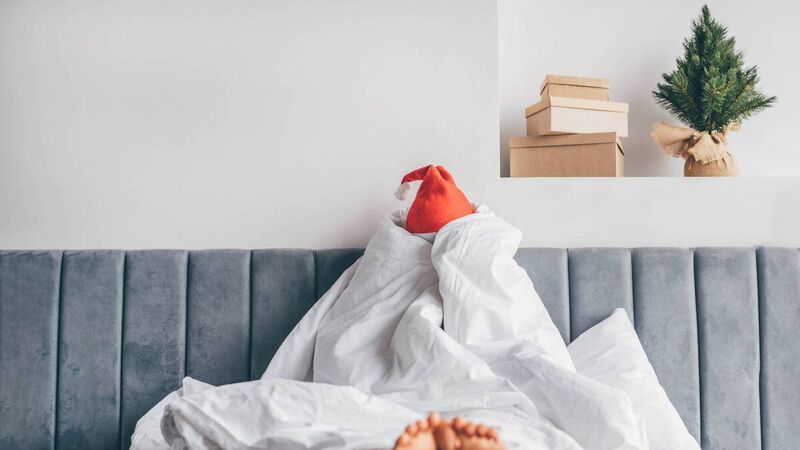How to treat a hangover and what you should do to if you wake up with one

This Christmas means more parties, more social engagements and more eating and drinking.
Try from €1.50 / week
SUBSCRIBE
This Christmas means more parties, more social engagements and more eating and drinking.
Christmas is weeks away and many of us are already feeling festive. It’s been three years since we last celebrated with our family and friends, and we’re making up for lost time. We’re scheduling drinks with old friends, get-togethers with neighbours, and office parties and family dos on the days between.
But some of us take the spirit of Christmas too literally and increase our consumption of alcohol to the point where we are worse for wear the next day.
Already a subscriber? Sign in
You have reached your article limit.
Annual €130 €80
Best value
Monthly €12€6 / month
Introductory offers for new customers. Annual billed once for first year. Renews at €130. Monthly initial discount (first 3 months) billed monthly, then €12 a month. Ts&Cs apply.
CONNECT WITH US TODAY
Be the first to know the latest news and updates
Newsletter
The best food, health, entertainment and lifestyle content from the Irish Examiner, direct to your inbox.
Newsletter
The best food, health, entertainment and lifestyle content from the Irish Examiner, direct to your inbox.

Our team of experts are on hand to offer advice and answer your questions here
© Examiner Echo Group Limited